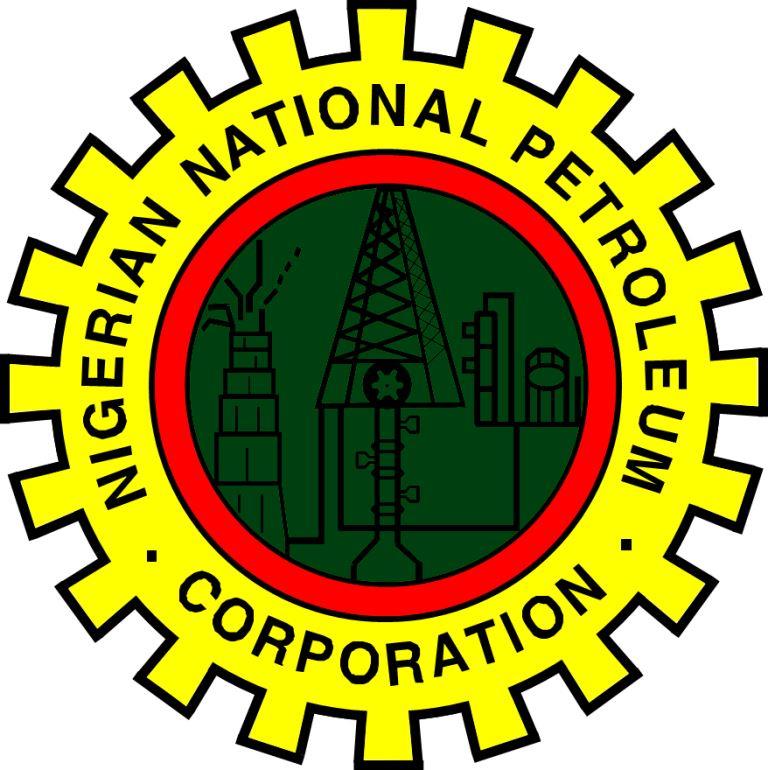The Nigerian National Petroleum Corporation has revealed that the refineries owned by the Federal Government recorded a total loss of N18.96bn in the first two months of this year.
The latest data from the NNPC showed that the refineries, which are managed by the corporation, lost N9.60bn in January and N9.36bn in February.
Nigeria relies chiefly on importation for refined petroleum products as its refineries have remained in a state of dilapidation for several years despite several reported repairs.
The refineries, which are located in Port Harcourt, Kaduna and Warri, possess a combined installed capacity of 445,000 barrels per day but have proceeded to operate far below the installed capacity.
The NNPC said in April that it had secured funding for the rehabilitation of the ailing refineries.
The Group Managing Director, NNPC, Mallam Mele Kyari, stated that the corporation was pursuing “a different model” for the refineries, including the type used by the Nigeria LNG Limited.
The NLNG is jointly owned by the Federal Government, represented by the NNPC (49 per cent), and three international oil companies, namely Shell (25.6 per cent), Total (15 per cent) and Eni (10.4 per cent).
Kyari disclosed that the corporation would no longer be involved in running the refineries after their rehabilitation.
He added that upon completion of the ongoing rehabilitation, the services of a company would be procured to manage the plants on an operations and maintenance basis.
READ ALSO: FG directs Thailand embassy to evacuate only Nigerians able to settle payment
In the first term of President Muhammadu Buhari, the NNPC had intended to rehabilitate the refineries to attain a minimum of 90 per cent capacity utilisation.
The plan was to use third-party financiers and the original refinery builders to provide the requisite funding and technical support.
However, after over one and a half years, negotiations with financiers were stalled in December 2018 due to varying positions on key commercial terms.
Kyari, who took over the NNPC leadership in July 2019, had reiterated his plan to revamp the refineries and end fuel importation by 2023.
Sign in
Welcome! Log into your account
Forgot your password? Get help
PRIVACY POLICY PAGE
Password recovery
Recover your password
A password will be e-mailed to you.












